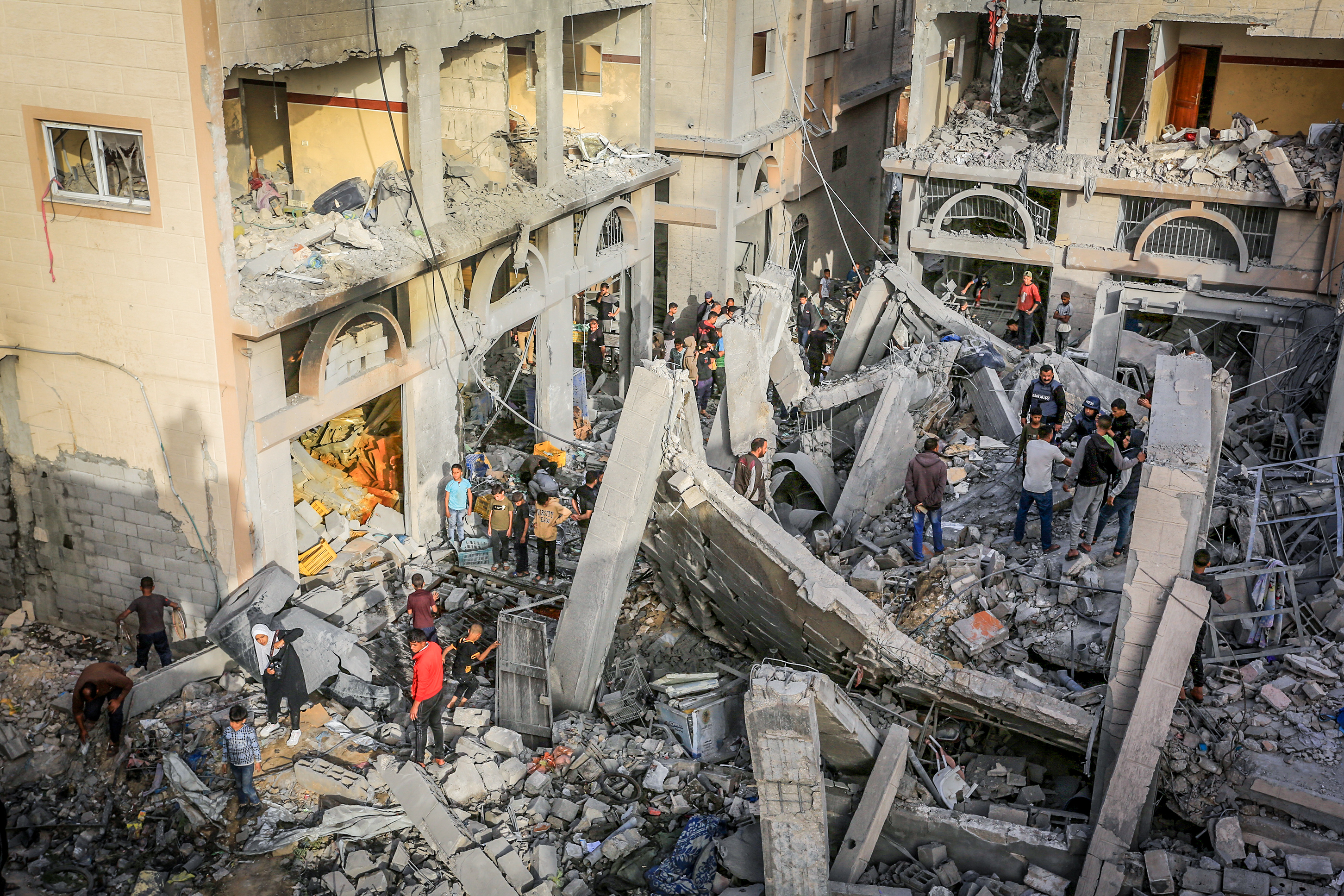Why you shouldn’t bother reading Pankaj Mishra’s The World After Gaza: A History
Give this one a skip. We have more than enough antisemites out there already; why waste time reading the 'intellectual genius' of another one?

Pankaj Mishra’s latest book, The World After Gaza: A History, came out in February 2025, and it’s making waves for all the wrong reasons. I’ve taken a close look at it, and I’m here to tell you why you should save your time and skip this one. Mishra claims that Israel’s defense against Hamas after the October 7, 2023, attacks is just like the Nazis’ murder of Jews during the Holocaust. It’s a shocking idea, but it’s also deeply wrong, poorly argued, and honestly pretty harmful.
Mishra starts with the 1943 Warsaw Ghetto uprising, where Jews fought back against Nazi forces knowing they’d likely die. A survivor, Marek Edelman, said they wanted to “choose how we went out.” Mishra also brings in Polish poet Czesław Miłosz, who heard screams from the ghetto while standing on his balcony, unable to do anything as the SS crushed the revolt. Mishra says this helpless feeling is what people in the West experience watching Gaza, where he believes Israel’s actions, like bombing schools and blocking food, make us all witnesses to what he calls “political evil.”
He paints vivid pictures, like a father holding his child’s headless body after an Israeli strike, and says it hits as hard as Picasso’s Guernica.
Here’s the problem: comparing Israel’s response to a brutal Hamas attack with the Holocaust is not just a stretch; it’s offensive. The Holocaust was a systematic, state run genocide that killed six million Jews using gas chambers, death camps, and mass executions. In Gaza, Israel is fighting a terrorist group, Hamas, that killed 1,200 Israelis on October 7, 2023, and has promised to do it again.
Mishra admits the Hamas attacks happened but says Israel’s leaders used the fear to go too far, pointing to historian Omer Bartov’s claim that Israel wanted to make Gaza a place where people can’t live. But he leaves out key details, like how Hamas hides among civilians, using them as shields, which has been reported by the UN and even admitted by Hamas themselves.
When you dig into Mishra’s evidence, things get worse. He says the West excuses Israel by blaming Palestinians, claiming then President Joe Biden talked about “nonexistent atrocity videos” and spread “Israeli lies” about Hamas. But he doesn’t back this up with any proof, and the Foreign Policy excerpt of his book doesn’t either.
He also says British Prime Minister Keir Starmer claimed Israel had the right to cut Gaza’s water and power, but that’s not what Starmer said; it’s just a video title Mishra twisted. Itai Malach from Project Ofek, who reviewed the book, points out that it doesn’t even have proper citations. Mishra calls out media for being vague, like the BBC on a Palestinian’s death, but then he does the same thing by bending facts to fit his story.
The book tries to tell a simple tale: the West failed Jews in the 1940s, and now it fails Palestinians, showing its human rights promises are empty. Mishra says Western leaders focus too much on supporting Jews after the Holocaust, letting Gaza’s suffering go unchecked.
But this ignores the real situation. Israel’s actions in Gaza have caused civilian deaths and destroyed infrastructure, which is awful and worth examining. But saying it’s the same as the Holocaust downplays the unique horror of what the Nazis did and muddies what’s happening in Gaza today. Malach calls the book “more ideological than historical,” and I’d say he’s right; it feels like a story Mishra made up, not a serious study.
What really bothers me is how this book just gives antisemites more reason to hate Jews (as if they don't already have enough pretend ones). By comparing Israel’s self defense to Nazi genocide, Mishra plays into old tropes that can bring on even more antisemitism, especially when feelings about Israel are already so raw around the world.
He says the West helps Ukrainians but not Palestinians, but he doesn’t mention practical reasons, like how geography and politics make those situations different. He also blames media, intellectuals, and leaders for supporting Israel or staying quiet, but his own shaky claims make his argument feel a lot more like a rant than a fair critique.
I’m not saying the Gaza conflict doesn’t inspire tough questions. If Mishra wants to point out where the West might be falling short, that's his choice. But this book isn’t the way to do it. It’s sloppy, manipulative, and disrespects the memory of Holocaust victims while confusing the conversation about Gaza. If you want to learn more about this issue, you’re better off reading historians or hearing directly from people on the ground. Don’t waste your time on Mishra’s skewed take.
Ha-Makom contributed to this review.